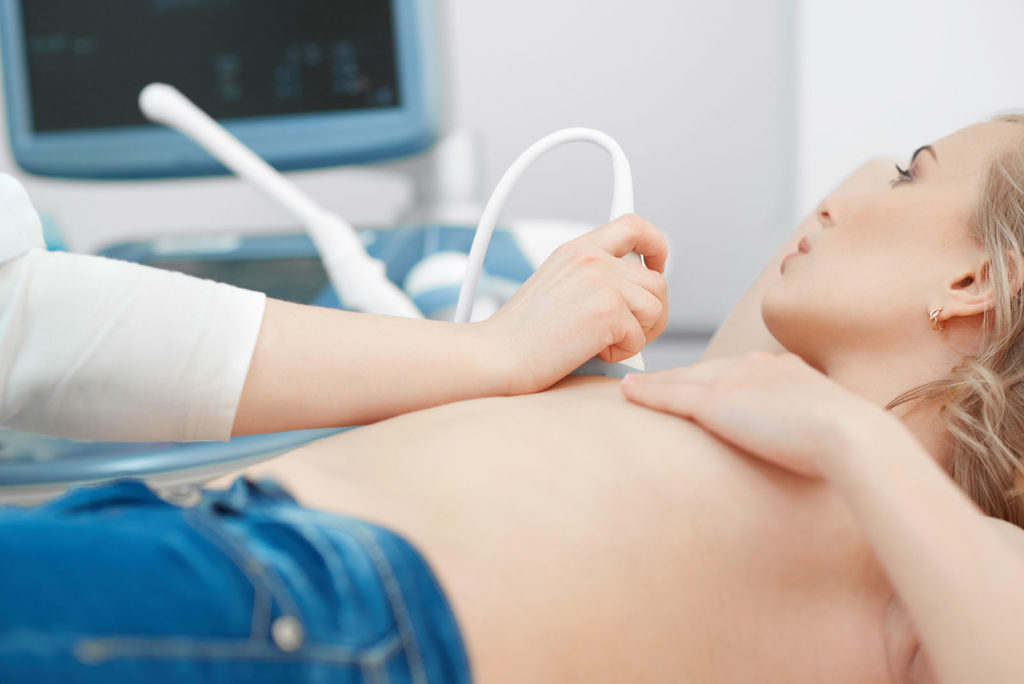
Breast cancer awareness has grown tremendously in recent years. From pink ribbons on the labels of popular food items to professional athletes sporting pink athletic gear, awareness about the prevalence and prevention of breast cancer is at an all time high. But that’s no reason to stop learning and sharing knowledge about it! October is National Breast Cancer Awareness month, and we are happy to take part in spreading awareness about this type of cancer.
Risk Factors
Many people know someone who has been diagnosed with breast cancer. If the person that you know that was diagnosed is a family member, then you are at a higher risk of developing breast cancer yourself. A family history of breast cancer increases your chances of developing this cancer. Your risk also increases as you get older.
When most people hear “breast cancer,” they think of a woman being diagnosed. However, it is possible for men to develop breast cancer, although women are ten times more likely to develop it. For women, those who got their periods at a young age (typically 12 years old or younger) or went through menopause later (typically after age 55) are at a higher risk of developing breast cancer.
The amount of children you have also affects your chances of developing this cancer. Women who have no children or had children later in life, typically after age 30, are at an increased risk of developing breast cancer. The more children you have, and the younger you were when you started having children, will decrease this risk.
Obesity and smoking are two other risk factors for breast cancer. It is important that you maintain a healthy body weight through your adult life and avoid cigarette use.
Symptoms
If you’re afraid that you may have breast cancer, pay particular attention to the following warning signs:
- Lumps in the breast that are hard (may or may not be painful)
- Leaking fluid from the nipple
- Change in the size, shape or feel of the nipple or breast
- Swelling of one arm
- Unexplained weight loss
- Skin ulcers
If you experience any of these symptoms, call your physician immediately. The medical professionals at the Southeastern Medical Oncology Center would be happy to speak with you about potential options for treatment, if necessary.

